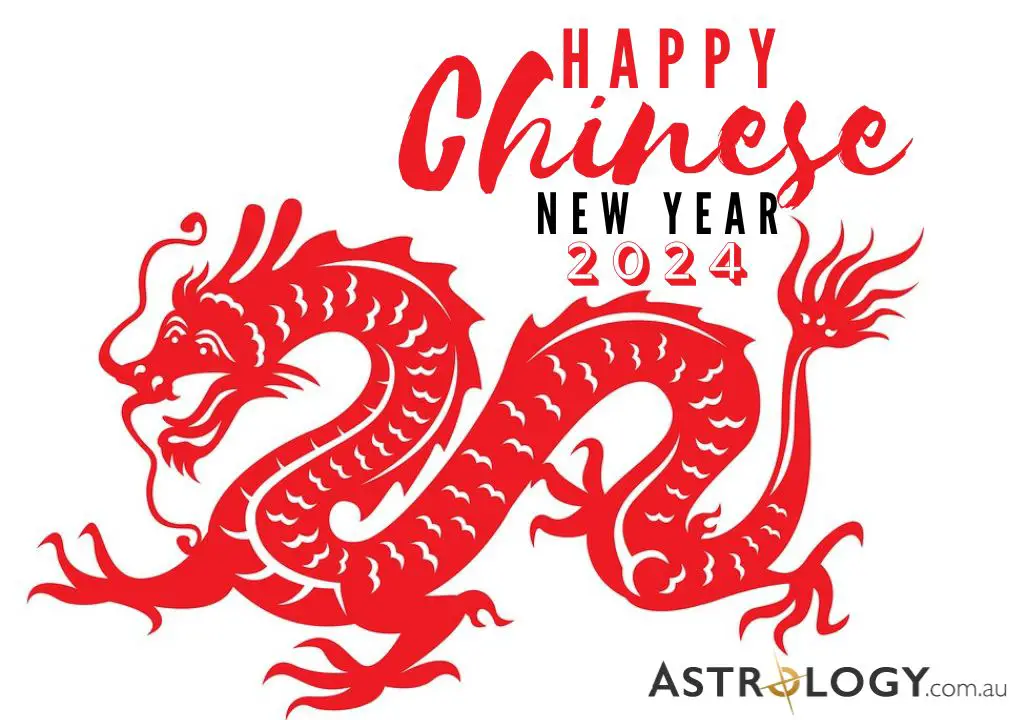Vedic Sidereal Astrology and Diffrences between Western Tropical Astrology
The spiritual texts of ancient India include the Tantras and Vedas. They reveal the most sophisticated esoteric and secular information. They even spoke of ‘recent ‘ discoveries like the sub-atomic nature of matter. There is even mention of the speed of light and other highly advanced mathematical concepts. Mathematics and planetary mechanics were all dealt with thousands of years ago by intuitive Vedic seers.
These progressive insights are truly astounding and humbling. Jyotish is a Vedanga or one of those Vedic “limbs”. It was also thoroughly advanced in its development alongside other Vedic Sciences. As the New Age is dawning a fresh model of astrology is required.
Human consciousness is evolving beyond the Solar to the Galactic level. Sidereal astrology is now re-emerging as a means of reflecting this process. It is reasserting its glorious heritage.
Western astrologers have developed a useful psychological and humanistic system. It’s possibly based, to a large extent, on the early Sidereal Vedic model ( Tajika system ). This was greatly influenced by the early Greek and Middle Eastern fathers of astrology. The Vedic or Sidereal horoscope also offers unique interpretations of your character. It’s extremely detailed and exact in prognosticating trends and events too.
Just as the east is meeting west in scientific and spiritual areas, so too is astrology moving in the direction of amalgamating its eastern and western counterparts to usher in a replicable system of human “timetabling”.
Western astrology differs in its perspective to that of the Hindu Zodiac. Our western system is seasonal and Sun based. Most astrologers know that the Sun’s position in a Zodiac sign doesn’t actually mean the Sun is physically located “there” in the sector of those constellations. It is based on the moving Vernal Equinox and so the signs of the zodiac are shifting.
This can be confusing and challenging to some who find their horoscopes radically altered with the adjustment.
Vedic Astrological Date Signs
For those who wish to compare the Western and Vedic personality traits, the Sun sign Zodiac positions and dates for 1998 according to Vedic principles are as follows:-
| Aries | Apr 14th to May 14th |
| Taurus | May 15th to Jun 14th |
| Gemini | Jun 15th to Jul 16th |
| Cancer | Jul 17th to Aug 16th |
| Leo | Aug 17th to Sep 16th |
| Virgo | Sep 17th to Oct 16th |
| Libra | Oct 17th to Nov 16th |
| Scorpio | Nov 17th to Dec 16th |
| Sagittarius | Dec 17th to Jan 13th |
| Capricorn | Jan 14th to Feb 12th |
| Aquarius | Feb 13th to Mar 14th |
| Pisces | Mar 15th to Apr 13th |
Please note that the dates for entry of the Sun into signs varies year by year due to precessional values. It should be noted that Vedic astrologers primarily emphasise the Moon’s rather than the Sun’s position. The Moon is the principle of innate desire giving rise to action, and therefore karma.
Even connoisseurs of astrology in the west accept the astronomical basis for precession of the equinoxes and the moving Sidereal Zodiac in respect of World Ages. As the Age of Aquarius is fast approaching they too are now starting to apply these same astronomical principles to birth horoscopes as well. Principle Planetary Deities in Vedic Astrology Planetary Mantras and Gemstones for astrology to be complete and useful it must be remedial as well as diagnostic.
Ten Planetary Conditions
According to the Vedas the planets are beings and it describes methods for actually balancing and drawing their energies through gems, sacred words of power, fasting and ritual fire ceremonies. Counteraction of their malefic influences at birth is recommended on the basis of the birth horoscope. There are ten planetary conditions which are exhibited when the planet is –
- Exalted or in full power resulting in great gains , respect and wealth or fame.
- Healthy in its own sign resulting in position, gains, happiness and good progen
- Happy or in the sign of a friendly planet giving happiness generally.
- Peaceful or in a friendly harmonic division meaning strength and courage with the assistance of friends and family.
- Retrograde or in power ( disputed by some western astrologers ) giving good reputation, wealth and progeny.
- Eclipsed or near the Sun causing delays, defeat, problems and weakness.
- Inimical or in an enemy’s sign making for worry, jealousy, sickness and loss of self esteem
- In the last quarter of sign giving residential difficulties, prosecution, exile.
- Debilitated or depressed which is the worst sign for planet resulting in losses, imprisonment, abandonment, death or exile.
- Accelerated meaning danger, losses in business, difficulties in travelling, poor life.
Using sidereal values we can evaluate the dignity of a planet and recommend suitable measure to improve our lives. Following is a brief description of the Grahas or Planets and techniques of connecting with them. Reciting their mantras during meditation over a fixed period of time will definitely yield positive benefits materially and spiritually. The use of gems may also enhance the vibration of its ruling planet and deity.

More about VEDIC ASTROLOGY
-

Vedic Astrology
What is vedic astrology? Traditional hindu system of astrology, tradition and three primary attributes in nature.
-

Introduction to Vedic Astrology
Vedic sidereal astrology, differences between western & tropical astrology. Astrological date signs and ten planetary conditions.
-

Nashaktras
Lunar Mansions in hindu astrology. The 27 Nashaktras.
-

Studies in Vedic Astrology
Vedic astrology and it's technique.Use of Jamini Bhava and Arudha Pads in the determination of psychopathy
-

Vedic Planetary Healing
Planetary Healing with the planets. Ritual Technology: planetary vibrations & mantras, yagna & fire ceremony and yantras mandalas & talismans. Tantra- the ten goddesses or object of knowlege.
ASTROLOGY READINGS & REPORT
Latest from Astrology.com.au
All the latest News and offers for your well-being
















